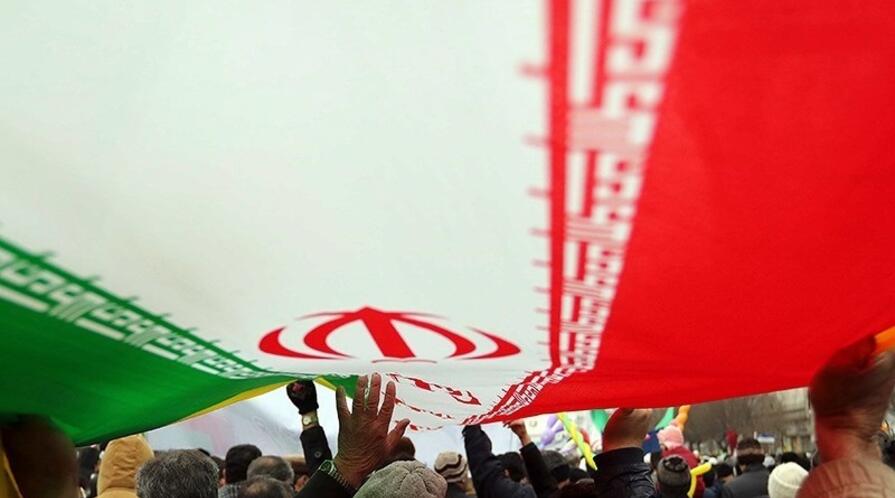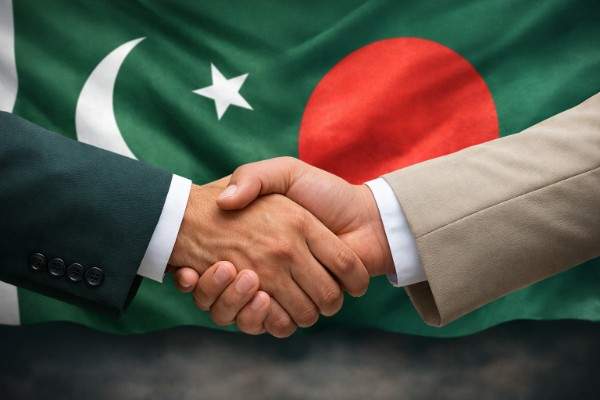Iran, a major Palestinian ally in its current conflict against Israel, has recently gained unpleasant international attention owing to its struggling intelligence which was exposed following the death of the former Iranian president, Ebrahim Raisi, and the former Iranian foreign minister, Hossein Amirabdollahian, when their helicopter crashed on their way back to Iran after they visited Azerbaijan, on 19th May 2024, and the very recent killing of the former Hamas leader, Ismail Haniyeh, as a consequence of the firing of short-range projectiles from outside his residence in Tehran, Iran, on 31st July 2024.
The Kerman Terrorist Attack in the Martyrs Cemetery in Kerman, Iran on 03rd January 2024, killing nearly a hundred people, is another incident that took place earlier this year and exposed Iran’s intelligence loopholes.
Iran has been a major influencer in the Israel-Palestine conflict due to its direct and indirect support to Hamas and Hezbollah, Israel’s major opponents on the battlefield, but this ally of theirs was not on Israel’s watch. When one realizes Iran’s importance in the conflict, one anticipates the state’s institutions to prevent potential errors of all kinds, given its highly sensitive position in the situation, but the loss of three highly prominent figures on Iranian soil has exposed a concerning gap in the agency’s operational effectiveness. In addition, incidents of such nature undermine a state’s competence as these allow for the opponent’s exploitation, and also pose a threat to the state’s diplomatic relations.
While Raisi and Amirabdollahian’s “assassination” could be a controversial claim to make without any concrete evidence, Haniyeh’s assassination is nothing but absolute negligence as he was under the protection of the Islamic Revolutionary Guard Corps (IRGC), which has always been widely known for its remarkable services.
Following these incidents, the conflict has only accelerated since then, after Iran pledged to avenge Haniyeh’s blood. This makes it very clear that the state has no time to lose and needs to act immediately against its inadequacies, as Hamas faces crises as a consequence of the loss of its leader, appointing Yahya Sinwar in his place.
When a state is a participant in a conflict of such intensity, as is Iran in the Israel-Palestine conflict, its intelligence wing is required to master discretion and efficiency. The state needs to carry its information gathering and information transfer out with great stealth and to stay vigilant against threats of any kind to respond with immediate effect if need ever be. Haniyeh’s visit to Iran anticipated the opponents’ target lock on the host state’s soil, which unfortunately failed to respond efficiently to avoid the misfortune the former Hamas leader met.
Unprecedented crises, like the ones the Palestinian alliance especially Iran have had to face, force an alliance or state to take a step back, leaving it in a weak and defensive position against its opponent unwillingly. While all is not lost and Hamas is anticipated to function with the same efficiency moving forward despite the potential destabilization threats it might have faced or is currently facing, having lost its former leader, Iran needs to navigate its intelligence loopholes which could be human errors, technical errors or the most threatening of them all, security breaches. The state needs to eradicate any potential moles in its institutions, especially its intelligence wing, with immediate effect.
Sinwar’s appointment will greatly determine the course of this grave conflict. If Hamas is adaptive enough, its new leader will be able to make it smoothly continue its function successfully, despite the loss it has had to experience recently.
Iran’s future will be greatly influenced by how the state handles these difficulties moving forward. Its continued role in the Israel-Palestine conflict, and its overall international impression, now depends on how well it responds to these weaknesses. In the context of the current conflict, Iran can only benefit from decisive action and prompt improvement to neutralize the situation and reclaim its somewhat lost strategic position. The overhaul of Iran’s security structure, especially its intelligence wing, is highly necessary in light of these intelligence failures. This would include identifying and eliminating both, human errors and technical errors, as well as any security loopholes and other potential threats to Iran’s national security.

Table of Contents
ToggleMenayal Faryal
Menayal Faryal is an undergraduate student of International Relations at the National Defence University, Islamabad.













